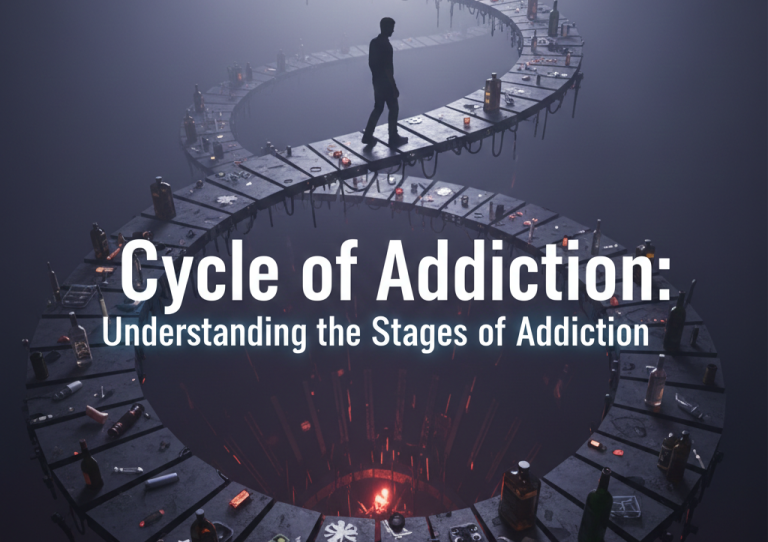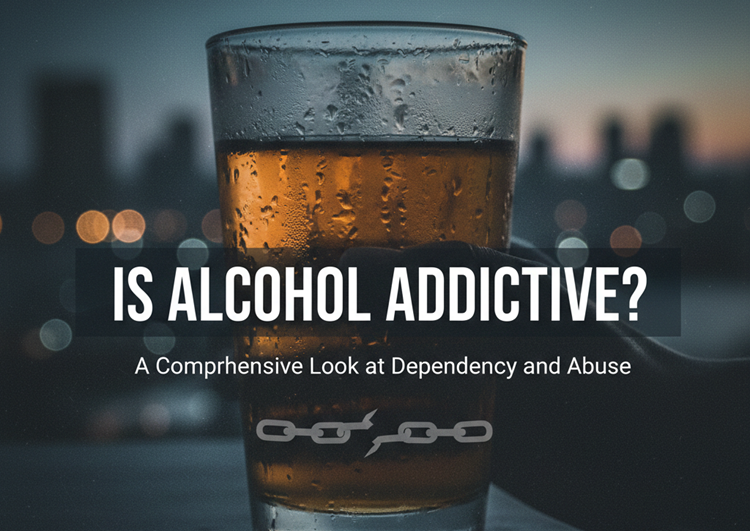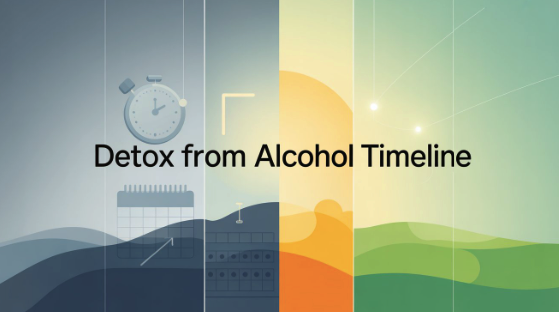Substance Use Disorder or SUD is defined as a condition that is life-long and disabling and which plagues a significant portion of the population of the world. This leads to dependency and its consequences affect not only the brain but also the health of the users. One of the ways in which a person is forced to take their chance for treatment is through being made to gain control of themselves.
Understanding Substance Use Disorder
SUD is a disease in which the person has no control over substance use despite negative impacts. The negative signs manifested by the habit include craving, compulsion, and withdrawal signs when one tries to stop. In the long run, SUD negatively impacts physical health and interpersonal and vocational domains.
Why Treatment is Essential
Undiagnosed SUD may result in fatal overdoses, further mental illness, and bankruptcy among others. Treatment enables one to overcome dependency, regain healthy state, physical and psychological well-being of a person as a whole.
Signs and Symptoms of Substance Use Disorder
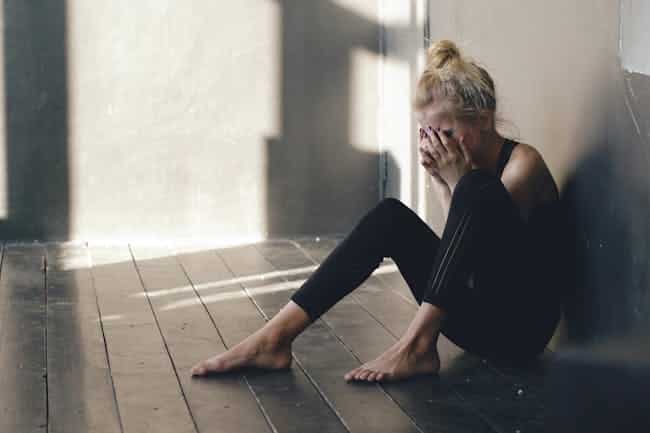
Physical Symptoms of SUD
- Changes in appetite and weight
- Bloodshot eyes or dilated pupils
- Unexplained bruises or injuries
Behavioral Changes:
- People who stop fulfilling their duties at their place of work or school as well as at their residences
- Secretive or deceptive behavior
- Substance use normally leads to financial difficulties for users.
Emotional and Psychological Indicators
- Mood swings or irritability
- Increased anxiety or depression
- People who suffer from SUD no longer find pleasure in their previously enjoyed activities.
The Impact of SUD on Relationships and Daily Life
Substance abuse causes strained connections between people and generates disruptions in established schedules and results in psychological detachment from others.
Different Types of Substance Use Disorder Treatment
Detoxification (Detox)
- Detoxification is also the first stage in treatment; the process of managing withdrawal symptoms in individuals. It is done in a medical setting by qualified practitioners.
Inpatient Treatment Programs
- Drawbacks of inpatient rehab include the following; This form of treatment is mainly confined to a hospital setting and patients are offered medical and emotional support all through the day and night. It is most beneficial to those who need much supervision, coming with programs and intensive therapy programs.
Outpatient Treatment Programs
- These forms of programs allow one to live at his or her home, are required to attend clinic for specific exercises at agreed time. This option is most appropriate for patients with a relapse triggered by work, school or some other responsibility that allows them to attend 4-6 sessions weekly.
Medication-Assisted Treatment (MAT)
- There is Methadone, buprenorphine, and Naltrexone, among other products and it is linked with counseling. These drugs assist to avoid relapses and ‘kick’, meaning that the chances of being weaned out completely shall be enhanced.
Behavioral Therapies
- The CBT and DBT are helpful in helping the patient identify triggers that have an association with the suicidal risk and dealing with them. The main idea of MI is to help a person and maintain change.
Holistic and Alternative Treatments
- There are no restrictions as to the use of other complementary therapies including yoga therapy, meditation therapy, and acupuncture in addition to conventional medications. Nutrition is therefore another factor which needs to be considered in writing a treatment plan concerning an injury, as nutrition and exercise is crucial for recovery.
Choosing the Right Treatment Program
Multiple elements such as dependency level and financial capability and client responsibilities determine which rehabilitation program gets selected. Treatment solutions for matters require specific profiles to create the best possible outcomes for patients.
The Role of Support Systems in Recovery
A stakeholder such as family and friends, can contribute to the encouragement of the recovery process of a patient. The amenities such as Alcoholics Anonymous known in the short form as AA and the Narcotics Anonymous, fondly referred to as the NA, are beneficial in their ability to support a person.
Relapse Prevention Strategies
It’s more likely to live life over and over again or to even think that it cannot be done, but it is not game that has no chance of being won. In this case, outlining, avoidant behavior, and regular attendance to therapy are some of the ways in which an outpatient substance-dependent patient can be helped to remain sober for a long time.
Life After Treatment
Recovery is a lifelong journey. Other procedures that may assist a patient to refrain from retreating back to alcohol intake and living a mentally healthy life include the follow-ups on the sessions and changing the lifestyle.
Substance Use Treatment and Programs in Orlando
Substance Use Disorder treatment is not general since individual patients are different and require different treatment. Fortunately, the treatments are numerous, which makes it possible for individuals to follow the best treatment plan that IS suitable for them. Thus, depending on a professional help and being dedicated to improving one’s condition, one can guarantee a life free from addiction.
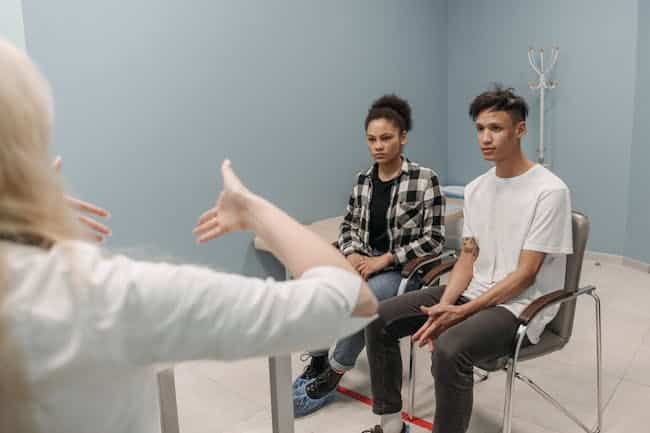
Orlando Treatment Solutions offers the best and most efficient ways of helping you through all the phases of treatment. Any request can be forwarded to our team the moment a person is experiencing problems with addiction. To start healing and begin the process of forming a recovery plan get in touch with our facility today at (321) 415-3213.














